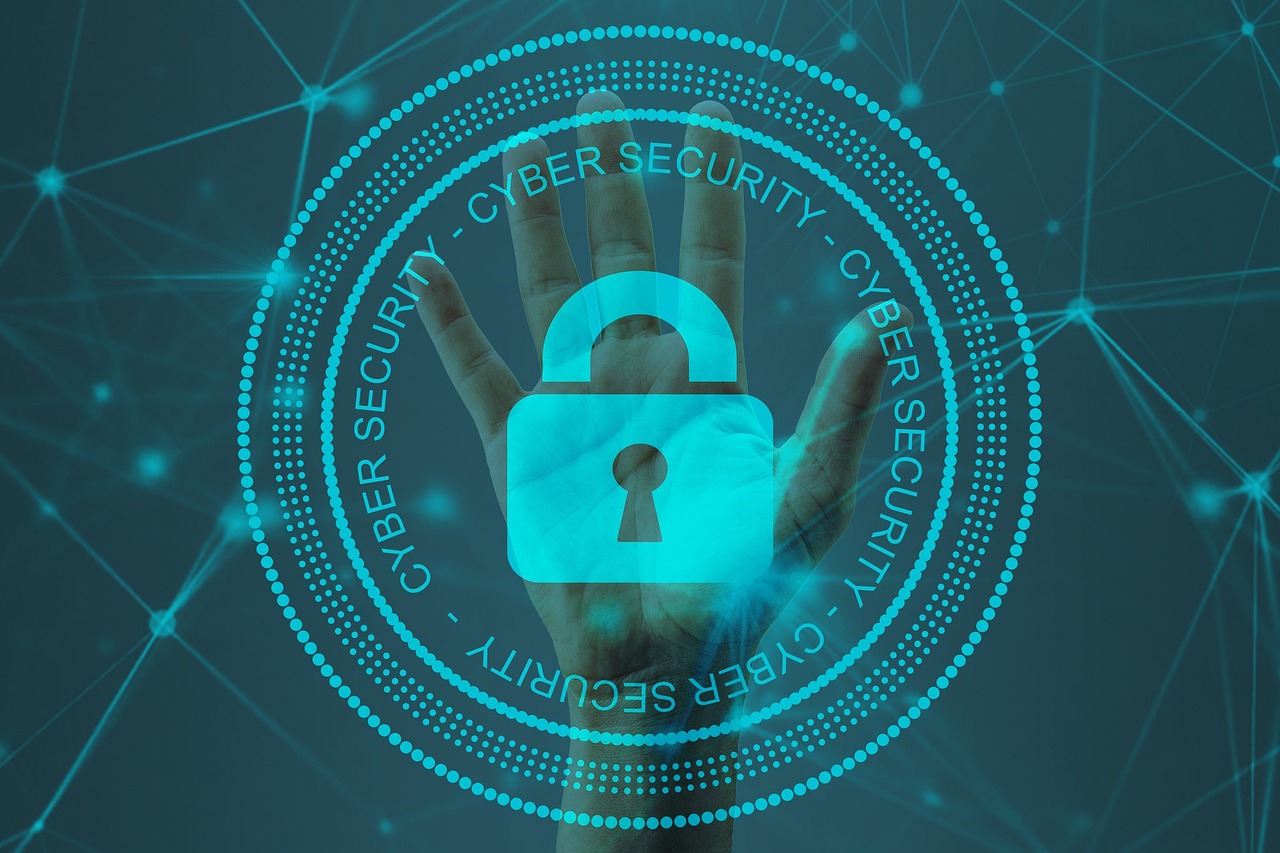Individuals and legal entities, public institutions, museums, banks, or governments from all over the world can now store photos, documents, images of artworks, passwords, and various other items in digital vaults with the highest cybersecurity standards. This is made possible through the Enkivers project, launched on Tuesday by the National Institute for Research and Development in Informatics (ICI Bucharest) in collaboration with InfoCons.
“Similar to how we use lockers at a train station, bank, or store to securely store luggage, wallets, valuables, or food, I believe this electronic mechanism offers every one of us, as global citizens, a viable, simple, and efficient tool that meets European standards. This partnership with a highly significant public entity in Romania and at the European Union level allows us to provide this service. (…) Today, we have launched it. Starting January 1, official addresses will be sent to all museums worldwide, public institutions, chambers of commerce in each country, trade and professional associations, as well as consumer protection organizations, parent associations, and all those who should know about this highly secure vault. Everyone will then have the information to make an informed decision,” stated Sorin Mierlea, president of InfoCons, at the Enkivers launch event.
Adrian-Victor Vevera, General Director of ICI Bucharest, explained that the project idea arose from the need to have a secure digital storage space for “documents, images, ideas, and thoughts” in a digital format, similar to safety deposit boxes in banks.
“When we started this project, we identified the need in an increasingly digital world where technologies are extensively used, and even memories are often digital, for a space where they can be securely stored. This space would be outside the common cloud services offered by major providers and would be a dedicated space accessible only to the user, based on credentials provided when subscribing. Here, users can store a range of items in digital format, from documents and images to ideas and thoughts. It functions much like banks’ safety deposit boxes, which protect physical items, but this is for digital content. Additionally, it is much easier to access — from your phone, tablet, laptop, or anywhere,” Vevera explained.
To use this digital vault, users can visit the website enkivers.com and create an account.
“Once you’ve created an account, you click, upload a photo, lock the vault, and you alone have the password. From that moment, you know the photo, memory, or document is completely secure. Moreover, the system provides a timestamp, ensuring that if you later need to prove the authenticity of an item — such as a photo copied by someone else — you can demonstrate that you were the first to store it,” said Mierlea.
Vevera also emphasized the vault’s role in protecting intellectual property.
“Uploading documents is straightforward, and you gain a secure space for all these items. Starting from this concept, we also introduced timestamping because people want to establish precedence and uniqueness, whether for legal purposes, intellectual property rights, or personal sentiment,” noted the ICI head.
Enkivers combines ICI Bucharest’s technical expertise with InfoCons’ best practices in communication and consumer protection.
“In today’s national and international context, validated and certified information becomes increasingly crucial. Without it, we cannot create reliable news or sustainable products, and this digital vault is a step toward ensuring secure and verified storage,” Vevera stated.
The annual subscription for a digital vault costs approximately €25–30 per year.
“Prices are around €25–30 per year, converted into the national currency of each country. Users can open multiple vaults for additional storage if needed. I believe that individuals, legal entities, public institutions, or museums looking to securely store digital representations of artworks or other items now have access to a simple, convenient, and secure solution from anywhere in the world — be it India, Norway, the US, or Japan. Such high-security vaults, managed under the coordination of a public authority like ICI, were previously unavailable,” added Mierlea.
Subscription revenues will be shared between ICI and InfoCons, with the majority allocated to ICI for security, maintenance, and server operations, while InfoCons focuses on promotion and communication.
ICI’s director assured users that information stored in the vaults remains invisible to operators.
“As operators, we don’t see the data. It’s a completely opaque transaction. We only know the volume of stored data (in megabytes or gigabytes). From this perspective, we believe this service will be beneficial not only for citizens but also for banks, which can extend their physical safety deposit services into the digital realm,” Vevera noted.
If a user stops paying the subscription, the stored information will be deleted after a grace period.
“The data will remain in a pending state for some time, during which we’ll attempt to contact the user via the provided contact information (e.g., email). If no response is received, the data will be permanently deleted, much like the destruction of items in expired safety deposit boxes,” Vevera concluded.
